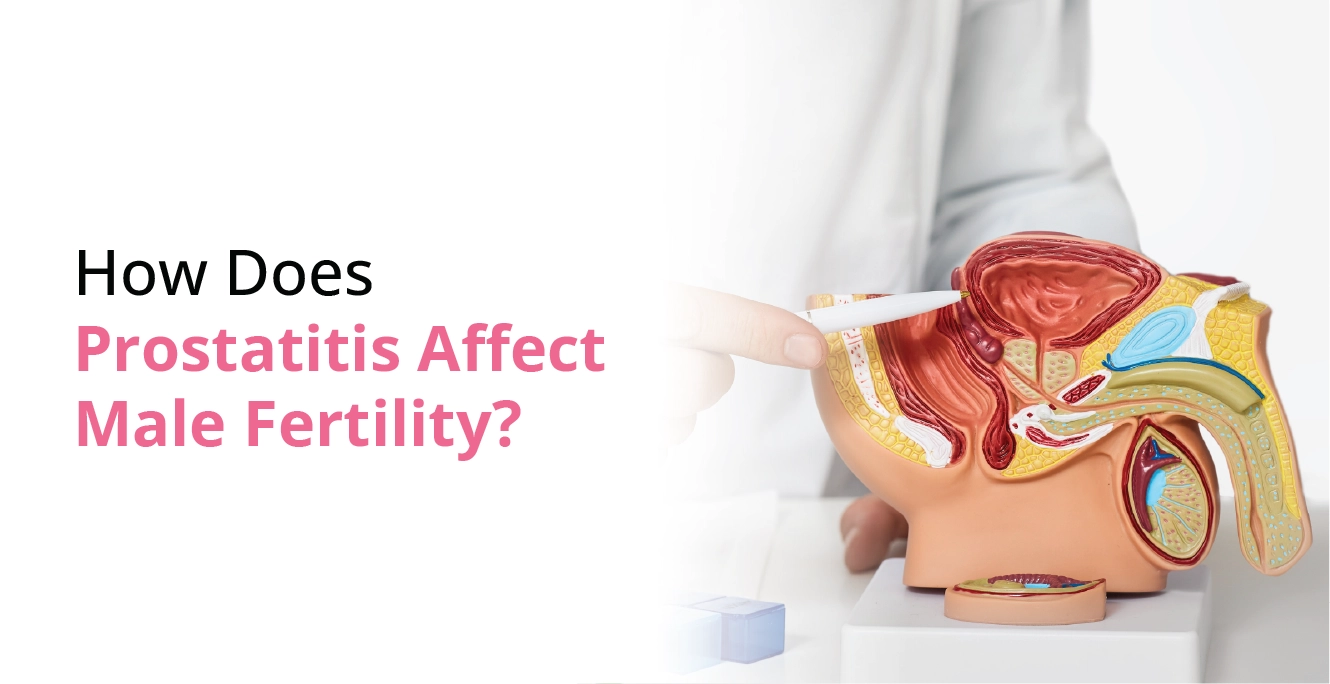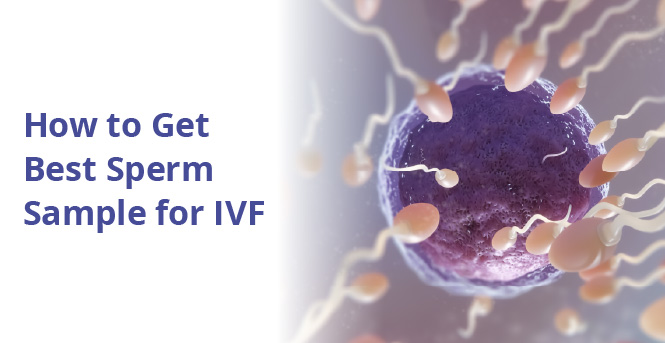
Anejaculation: Causes, Symptoms, Diagnosis & Treatment

Table of Contents
Many men feel hesitant in talking about their reproductive health issues, but these issues are more common than they think. One such issue that we will discuss in this article is anejaculation– a condition where a man is unable to release semen during sexual activity despite feeling aroused. This condition may lead to stress and affect fertility, but timely medical help can help manage this effectively. So, instead of getting anxious about it, being aware of its causes and available treatment options can help in timely intervention and prevention of further complications, along with effective management.
What is Anejaculation?
Despite having sexual arousal and normal erections, the inability to ejaculate semen is known as anejaculation. Men suffering from this condition may experience orgasm without the release of semen, or in certain cases, they may not reach orgasm at all. Some individuals may confuse anejaculation with retrograde ejaculation. Here is the difference between the two:
Retrograde ejaculation: Semen enters the bladder rather than being expelled during sexual activity.
Anejaculation: In this condition, the semen is not released at all. Based on the underlying cause, it can be partial or complete, temporary or persistent.
Types of Anejaculation
Knowing the kind of anejaculation is the first step for the right course of treatment.
| Type of Anejaculation | Description |
| Primary Anejaculation | – If a man has never experienced ejaculation in his lifetime, it is called primary anejaculation.
– It is mostly connected with congenital issues, genetic conditions or developmental anomalies. |
| Secondary Anejaculation | – It develops later in life after previously normal sexual function.
– The reasons can be medication side effects, nerve damage or psychological factors. |
| Situational Anejaculation | – Ejaculation occurs in some specific situations, like masturbation, but not during intercourse.
– It is usually linked with psychological stress, relationship issues, or performance anxiety. |
Causes of Anejaculation
A range of factors can contribute to anejaculation. These are broadly categorised into psychological, neurological, hormonal, or medication-related.
Psychological Factors
- Stress, depression, anxiety, or performance pressure are prominent psychological factors causing ejaculation.
- Relationship problems or past trauma may also contribute.
Neurological Factors
- These include nerve damage due to spinal cord injury, multiple sclerosis, or diabetes.
- Surgery near the prostate or pelvic area may also affect ejaculation.
Hormonal Factors
- Low testosterone levels can reduce sexual function and ejaculatory ability.
- Thyroid imbalances may also be a cause.
Medication and Substance-Related Factors
- Certain antidepressants, blood pressure medications, and antipsychotics can cause anejaculation.
- Excessive alcohol or recreational drug use may also contribute.
Other Factors Include
- Structural abnormalities in the reproductive system.
- Chronic medical conditions like diabetes or multiple sclerosis.
Symptoms of Anejaculation
The primary and most common symptom of anejaculation is the absence of semen during ejaculation. However, the other symptoms associated with it may include:
- Delayed ejaculation: Some men may take an unusually long time to ejaculate or may never reach ejaculation.
- Psychological impact: Anxiety, stress, or frustration related to sexual performance can develop over time.
- Fertility concerns: Since ejaculation is essential for natural conception, anejaculation can lead to difficulties in achieving pregnancy.
These symptoms can differ depending on the type of condition, whether it is temporary, situational, or persistent. Early identification and evaluation can help address both sexual function as well as fertility concerns.
Diagnosis of Anejaculation
The right diagnosis is the foundation of the right treatment. Your doctor will carefully assess your condition to identify the root cause. Your doctor may combine two or more of these approaches:
- Medical History: Your doctor will ask you certain questions. It is important that you inform your doctor about your sexual history, current medications (if any), lifestyle habits, and psychological factors such as anxiety that might be affecting your sexual function.
- Physical Examination: This may include two aspects: Identification of any structural or physical problems by checking the penis, testicles, and prostate. The other one is a neurological assessment, which is used to detect any nerve damage that could be affecting ejaculation.
- Lab Tests: Blood tests help identify the levels of hormones, including testosterone and thyroid function. Semen analysis or imaging studies are used to assess reproductive health in certain cases.
- Specialised Tests: Post-ejaculatory urine analysis is done to rule out retrograde ejaculation in certain situations. Additional neurological tests may be performed if your doctor suspects any nerve-related problems.
Treatment Options For Anejaculation
Treatment for anejaculation depends on the underlying cause and severity of the condition.
| Treatment Type | What Does It Include? |
| Medicines |
|
| Psychological Therapy |
|
| Medical Devices and Procedures | |
| Lifestyle Changes | While medical intervention cannot be ignored, some anejaculation home remedies or lifestyle changes may support treatment.
|
Anejaculation and Male Infertility
Since the male partner is unable to release sperm and sperm does not reach the female reproductive tract, anejaculation becomes one of the major factors in male infertility. However, it does not mean that parenthood is impossible. Pregnancy may still be possible through the following ways.
- Sperm retrieval techniques: These include electroejaculation and testicular sperm extraction.
- Fertility treatments: Once viable sperm are retrieved, they can be processed and used for IUI or other fertility treatments like IVF/ICSI, depending on sperm quality.
- Treating the underlying cause of anejaculation also helps in restoring natural ejaculation if it is due to hormonal imbalance or psychological disorders.
Timely intervention improves the chances of successful conception; therefore, men facing fertility issues should consult a fertility specialist without delay.
How to Manage Anejaculation?
Anejaculation can be treated or managed by following a holistic approach that combines medical treatment, psychological support, and lifestyle changes.
- Identifying and treating the root cause of the condition is important.
- If any medications are contributing to anejaculation, change them after consulting your doctor. Do not self-medicate.
- Therapies like CBT (cognitive behavioural therapy) or sex therapy can help address psychological factors.
- Making healthy lifestyle adjustments not only supports the treatment but also helps with overall well-being.
- If fertility is a concern, assisted reproductive techniques can help you achieve parenthood.
Conclusion
Anejaculation is a treatable condition, and with proper medical guidance, men can regain normal sexual function and address fertility challenges. Early diagnosis and a personalised treatment approach can help with such reproductive health issues and also improve overall well-being.
Our Fertility Specialists
Related Blogs
To know more
Birla Fertility & IVF aims at transforming the future of fertility globally, through outstanding clinical outcomes, research, innovation and compassionate care.
Had an IVF Failure?
Talk to our fertility experts

 Our Centers
Our Centers
















